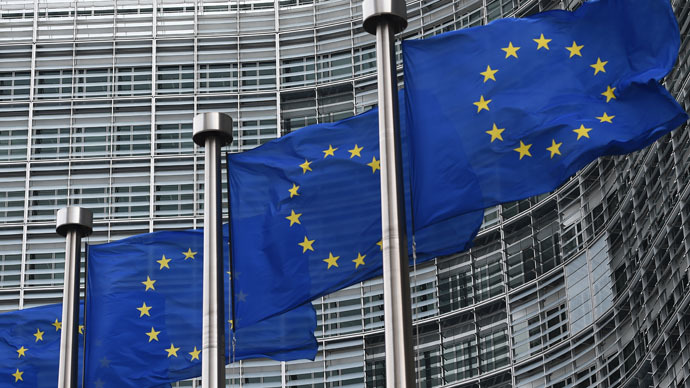New hegemon for Europe: Back to the future?

It is a surprise that some in Britain, utterly ambivalent about the relationship with the rest of Europe, is longing for a shepherd-hegemon for the continent in the person of the Germans.
This is precisely the thrust of the latest piece by Martin Wolf in the Financial Times (11 December). His reasoning seems to be flawed on a number of counts.Particularly, he writes that by way of economic might Germany has achieved its pre-eminence in Europe (thrust upon it, to quote Shakespeare’s Twelfth night), which it failed to gain by force of arms in two world wars. But it is the method that defines outcome which makes such parallels quite shaky. It is admitted, however, that Germany is reluctant to play the role, and for good reason. In the first place, it means underwriting the eurozone; as if there are no other ways to save it, let’s say through alternatives to the current austerity dogma. It also means providing funds for Ukraine’s transformation, for the Kiev authorities are obviously claiming employment as the West’s geopolitical ward of the Cold War type.
Then it makes a good argument, that something that’s good for one country may be a poisonous pill for another or a group of diverse nations. As a matter of fact, it was the point made by Dostoevsky when he compared Germans and Russians. Why not follow the logic and think of something creative, of course, not destruction?
What is more troubling is that Berlin is encouraged to take a confrontational approach towards Russia. All the more so that it is done against the background of calls from across the Atlantic to militarize the European Union.
It looks increasingly like a throw-back to the period between the two world wars, when the European establishment looked to Germany for recipes on how to manage the mass political awakening (to quote Zb.Brzezinski), while the anti-establishment political forces looked to Moscow. A major part of that narrative was represented by the appeasement policy aimed at having Germany resolve the problem of the Soviet Union. Here again, Germany is thrust upon the role of being on the cutting edge of another Cold War, hopefully, this time phony, but still very dangerous and counterproductive, and a distraction at the hard economic times (though those were tough times, too). Maybe, it would be much better to trust the instincts of the Germans, dearly paid for by all of us.
Given its traditions of splendid isolation and permanence of interests rather than alliances, London is bracketing itself out of this hierarchical construction. As to the rest of us, why not give a try to the effort to reunite the whole of Europe through regional mechanisms like the OSCE, which will require further institutionalization to ensure indivisible and equal security for all in Europe?
The statements, views and opinions expressed in this column are solely those of the author and do not necessarily represent those of RT.
The statements, views and opinions expressed in this column are solely those of the author and do not necessarily represent those of RT.













